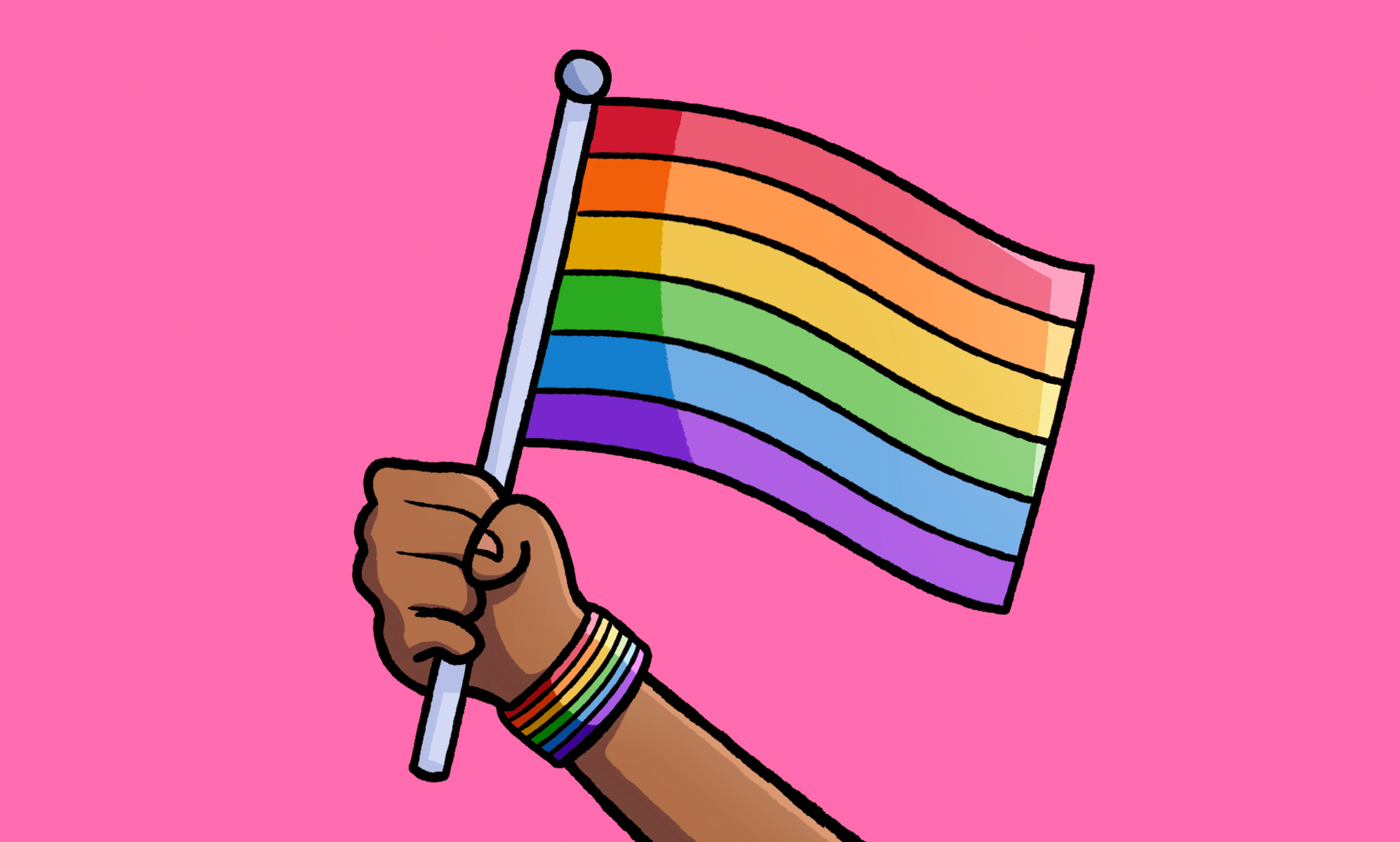Donald Trump’s administration wants to send a lesbian back to the country where she was raped

A woman who was brutally raped after being found with her girlfriend now faces being sent back to her home country, where she could face death.
The woman, known only as L, fled to the US in 2016 after she was caught having sex with her girlfriend in a hotel room in Uganda by a group of men.
They beat and attempted to kill the two women, the DailyBeast has reported.
The police were called, meaning the women escaped with their lives – but they were arrested and beaten by police for “immoral behaviour.”
According to L, this abuse by the police was encouraged by her own parents “so that we could get upright, so we would not go back and think about the same act.”
L and E – the woman who she was with – were eventually released from jail.
However, soon after moving to a new city in order to start afresh, L’s father recruited a man to rape her at her home in order to “fix” her of her homosexual behaviour.
This is known as “corrective rape”, and is a brutal punishment used against queer women across the world, but has particular prevalence in countries where homosexuality is illegal.

According to a court hearing, the rape of L was intended to make her pregnant in order to rid her of her homosexuality.
Uganda’s laws against same-sex behaviour stem from old British colonial laws against so-called “buggery”.
And Uganda has made these laws against homosexuality even harsher in recent years. In 2004, homosexual behaviour became punishable by up to life in prison.
L went to the police after the rape, but was arrested on charges of sodomy made against her by her own family.
After spending more time in jail during which she was once again beaten by police, she was released and decided to flee Uganda entirely, heading towards Seattle, Washington where her cousin lived.
She managed to obtain a visa and reached Dulles Airport, Virginia.
Despite having a valid student visa, the Customs and Border Protection (CBP) officials accused her of lying to obtain her visa when they found a plane ticket to Seattle in her luggage.
Feeling overwhelmed and suffering from PTSD, L did not reveal to the CBP the true reason why she couldn’t return to Uganda.
Instead, she went along with the officer’s accusations and said she felt safe going back to Uganda, lying in order to obtain a visa.

However, during this time L’s cousin had got in touch with Hassan Ahmad, an immigration attorney from Northern Virginia.
Ahmad explained to authorities that L had been “traumatised” in her home country and that it was unsafe for her to return.
The Dulles CBP supervisor denied L’s Ahmad’s request for L to be given a “credible fear interview” which is the first step to being granted asylum in the US.
A spokesperson for the CBP said that the decision to deny asylum to L would not be revisited.
As a result of the CBP’s denial of Ahmad’s request, L has had her visa revoked and was put back on a flight to Uganda.
However, during her layover in Dubai, L hid in an airport toilet until the flight to Uganda left.
Here, she texted Ahmad and he officially became her attorney. Ahmad contacted UN High Commission on Refugees and explained L’s dire situation.
L stayed at the airport in Dubai while people from the UN gave her clothing and toiletries. After spending a few more weeks in Dubai, it was arranged for her to fly to Kenya.
However, homosexuality is also illegal in Kenya, punishable by up to five years in prison.
Right now, L is still fighting for the right to live in the US.
According to ImmigrationEquality.org, an organisation designed to empower LGBT immigrants and asylum seekers, since 1994 individuals have been allowed to seek asylum in the United States based on persecution they face in their own country because of their sexuality.
Since then, trans and HIV-positive individuals have also been accepted as asylum seekers.
According to the website, asylum seekers must prove that they have a “well-founded fear of persecution” based on being a member of the LGBT+ community.
As L grew up in a country which vehemently denies LGBT people basic human rights, it is not unusual that she would feel afraid speaking to the CBP about her situation truthfully.
“I have no doubt that there are people who have come and have been unable to express their fear,” said Jennifer Quigley, Advocacy Strategist for Refugee Protection at Human Rights First.

